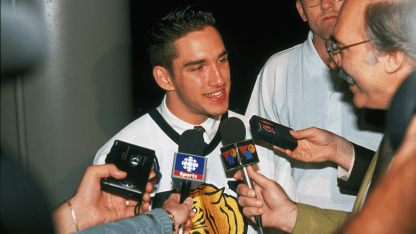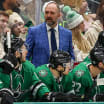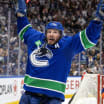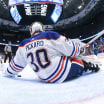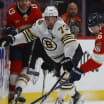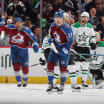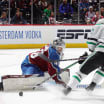Alexandre Daigle initially didn't see any purpose participating in a documentary about his life in hockey.
"I didn't feel it was going to change my life in any way," Daigle said.
It took him some time to come around to the idea, and because he did, the No. 1 pick in the 1993 NHL Draft by the Ottawa Senators who never came close to living up to the hype he had as an 18-year-old, is indeed a changed man.
"Chosen One: Alexandre Daigle," an Amazon Original hockey documentary produced in collaboration with NHL Productions, launched on Prime Video Canada on Friday and will be available on ESPN+ in the United States on Saturday.
The documentary follows Daigle's life from 15-year-old phenom to 18-year-old No. 1 draft pick to superstar status in Canada as the great hope for the Senators to NHL bust by the time he was 25, mentally burnt from his failure to live up to the expectations the hockey world had for him.
Daigle joins the viewer for the journey, watching highlights and interviews, and discussing the inner struggles with money and fame he was dealing with as a young player.
"Because a lot of people ask me about it, it's a subject of conversation, it's all about the past and my career, and now it's an opportunity to get it out there," Daigle said. "That's why I did it. That's how I lived it. And it's done. We're not talking about it anymore. We can, but you can go watch the doc on Prime."
Daigle said it was emotional for him to relive his playing career while filming the documentary.
There are highlights of his and commentary from former Senators general manager Randy Sexton in the movie that he had never seen or heard before.
Former ESPN writer Lindsay Berra is featured talking about visiting Daigle in Switzerland in 2007, after he left the NHL, and what she witnessed for her story that appeared in ESPN The Magazine.
